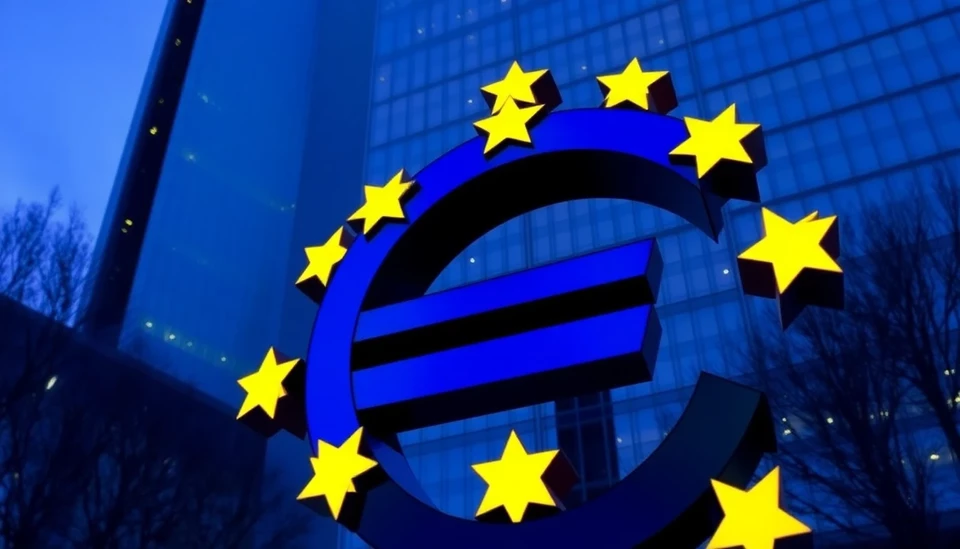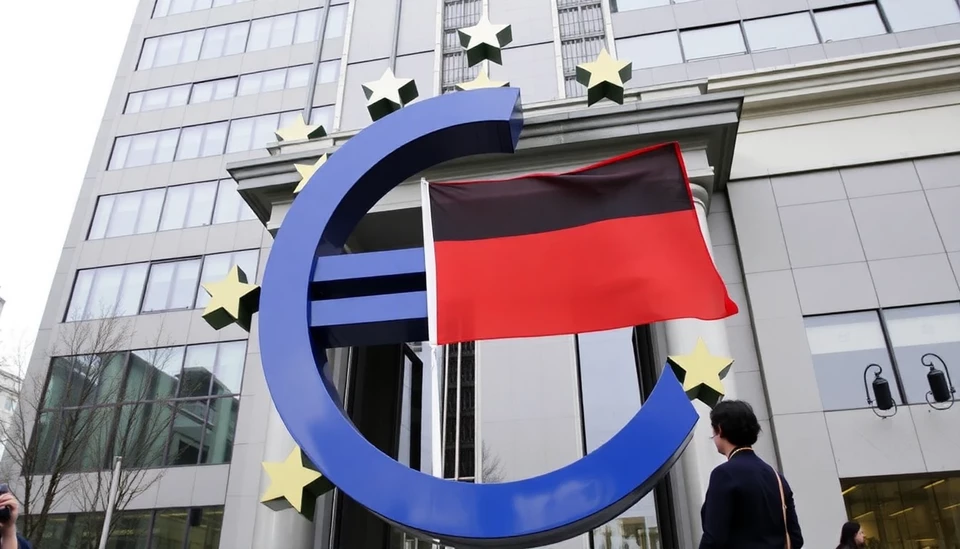
Germany has reported a significant increase in inflation for October, rising to an unexpected rate of 4.5%. This sharp escalation highlights the ongoing challenges faced by the European Central Bank (ECB) in its quest to control rising prices across the eurozone. Economists had anticipated a more subdued inflation rate, forecasting around 4.1%, thus making the actual figure both surprising and concerning.
This uptick in inflation can be attributed to several factors, including persistent energy costs and food prices, which have seen considerable hikes due to lingering supply chain disruptions and the ongoing geopolitical tensions affecting the region. The inflation scenario in Germany is particularly alarming as the country is the largest economy in Europe, setting a precedent that can influence economic policies across the eurozone.
In recent months, the ECB has adopted a more hawkish tilt in its monetary policy in response to sustained inflationary pressure. They have increased interest rates multiple times this year in an effort to rein in consumer prices. However, the latest figures may compel the central bank to reassess its strategies, with analysts suggesting a further tightening may be required to prevent inflation from embedding itself into the economy.
The ECB had maintained a cautious stance, balancing between stimulating growth and containing inflation, which has led to some market participants speculating on the possibility of a more aggressive monetary policy. In light of the new inflation data, expectations of rate hikes may shift, and investors are closely monitoring the next ECB meeting for any indications of policy changes.
Moreover, this rise in inflation is likely to have far-reaching implications for consumers and businesses alike. Higher prices could erode purchasing power, affecting spending habits and overall economic growth. With wages not keeping pace with the rising costs, a scenario of diminished consumer confidence could potentially unfold, highlighting the urgency for both fiscal and monetary authorities to respond effectively.
As the ECB grapples with the evolving inflation landscape, all eyes will be on how they navigate this delicate balance moving forward, particularly with the potential for further economic destabilization as winter approaches and energy demands increase. The evolving situation in Germany serves as an indicator not only of local economic health but also as a barometer for the broader eurozone economic resilience, creating a complex web of considerations for policymakers tasked with stabilizing a recovering yet fragile economy.
#GermanInflation #ECBChallenge #EurozoneEconomy #InterestRates #EconomicPolicy #InflationSurge
Author: Rachel Greene
